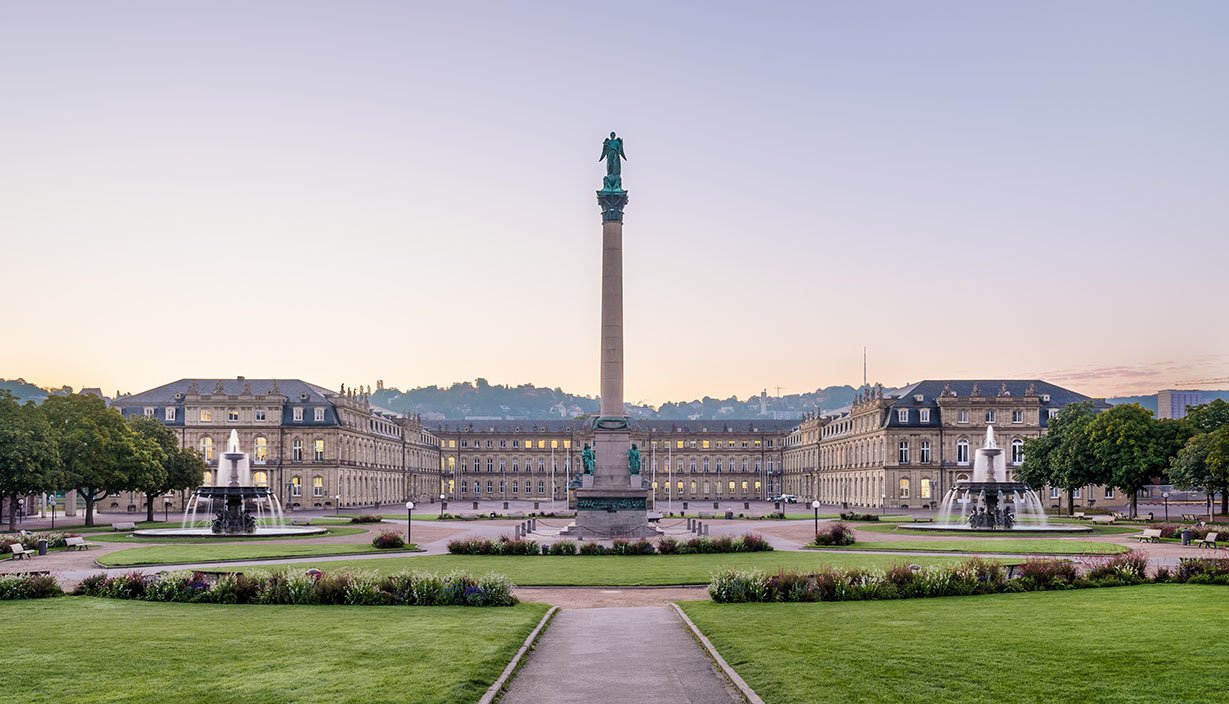
By State Capital Stuttgart
News-Service
As of Jan. 1 2019, the Land Baden-Wuerttemberg will initiate in the environmental zone Stuttgart a year-round traffic prohibition for all vehicles with diesel motors with the emission standard 4 / IV and lower. This is one of the sanctions from the third update of the Clean Air Program. For the residents of the city of Stuttgart a transitional period shall apply until March 31 2019. Following the decisions of the Higher Administrative Court (Nov. 2018), a traffic ban from Jan. 2020 for diesel vehicles with Euro 5 /V is under preparation as a supplement to the present plan update. Whether such a traffic ban is actually necessary will be revealed by the analysis of pollution levels which will take place mid-2019.
The traffic ban for diesel vehicles is based on the high level of air pollution. Whereas fine dust pollution has considerably decreased, limits for nitrogen dioxide are still considerably exceeded. In 2017, the annual average for nitrogen dioxide was 73 micrograms per cubic metre at the measuring point “Am Neckartor”. Compared to the previous year this value was nine micrograms lower, but it is still considerably higher than the limit of 40 micrograms.
The third update of the Clean Air Program includes exceptions from the traffic ban for diesel vehicles. The City of Stuttgart is responsible for implementing these regulations. The conditions for being granted a special permit and the documents required for an application for an exception can be had at stuttgart.de/en/diesel-ban/special-permit.
Why is there a traffic ban for diesel vehicles?
Stuttgart’s air is polluted by air toxins. This includes particulate matters and nitrogen dioxide. At different points in the city the limits specified by the EU are exceeded – intensified by Stuttgart’s basin-like location. The city has already implemented many measures to combat air pollution. The pollution by particulate matters has been considerably decreased. In contrast to this, the nitrogen dioxide values are still considerably higher than the threshold. Nitrogen dioxide is mainly emitted by vehicles in road traffic. Therefore the Land will introduce a traffic ban for diesel vehicles with the emission standard 4 /IV and lower from Jan. 1 2019. The prohibition is set down in the third update of the Clean Air Program for the Stuttgart region
Who is subject to the traffic ban for diesel vehicles?
The traffic ban will be applicable from 1 January 2019 for all vehicles with diesel motors with the emission standard Euro 4 / IV and lower – all year-round within the Stuttgart environmental zone. Diesel vehicles with the emission standard Euro 5 / V are currently exempted from the prohibition.
The Clean Air Program includes exceptions from the traffic ban for diesel vehicles. There are general exemptions–such as commercial delivery traffic, as well as special exemptions–such as for persons working on a shift basis who cannot use local public transport.
For residents of the city of Stuttgart there will be a transitional period until March 31, 2019. From April 1, 2019, they will also be subject to the traffic ban for diesel vehicles.
For all vehicles for which an exemption from the applicable sticker regulation has been issued, a special regulation shall be applicable.
